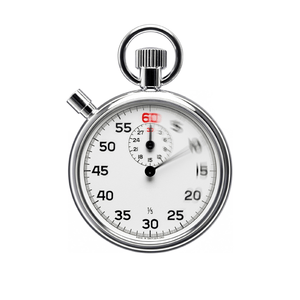Description
• HOW IT WORKS
In psychology, a self-affirmation is basically anything which supports and strengthens your sense of self.(1) Receiving positive feedback from others and reflecting upon your strengths, qualities, values and achievements are the most common forms of self-affirmation.
Studies have shown that self-affirmations can help reduce stress, (2) boost your mood (3) and increase self-esteem. (4) Affirmations have also been shown to increase self-control, (5) which means a greater ability to resist unhealthy temptations and regulate your behaviour.
Think Ups is the fun way to self-affirm – by guessing the phrases and completing the sentences you are automatically practicing self-affirmation. The affirmations used in Think Ups are specifically designed to inoculate the user against stress and anxiety, and maximise happiness.
• HOW TO PLAY
Pick one letter a time to fill the spaces and complete the phrases. For each completed phrase you earn one point. You have five lives to guess as many of the affirmations and quotes as you can.
REFERENCES:
1) Schmeichel, Brandon J.; Vohs, Kathleen (2009). Self-affirmation and self-control: Affirming core values counteracts ego depletion. Journal of Personality and Social Psychology. Vol 96(4), 770-782.
2) Cohen, G. L., & Sherman, D. K. (2014). The psychology of change: Self-affirmation and social psychological intervention. Annual review of psychology, 65, 333-371
Sherman, D. K., & Cohen, G. L. (2006). The psychology of self-defense: Self-affirmation theory. In M. P. Zanna (Ed.) Advances in experimental social psychology, 38, pp. 183-242. New York, NY: Guildford Press.
3) Koole, S. L., Smeets, K., Van Knippenberg, A., & Dijksterhuis, A. (1999). The cessation of rumination through self-affirmation. Journal of Personality and Social Psychology, 77(1), 111
4) Fein, S., & Spencer, S. J. (1997). Prejudice as self-image maintenance: Affirming the self through derogating others. Journal of Personality and Social Psychology, 73(1), 31
5) Schmeichel, B., & Vohs. K (2009).’Self-Affirmation and Self-Control: Affirming Core Values Counteracts Ego Depletion’, Journal of Personality and Social Psychology, 2009, Vol. 96, No. 4, 770–782











